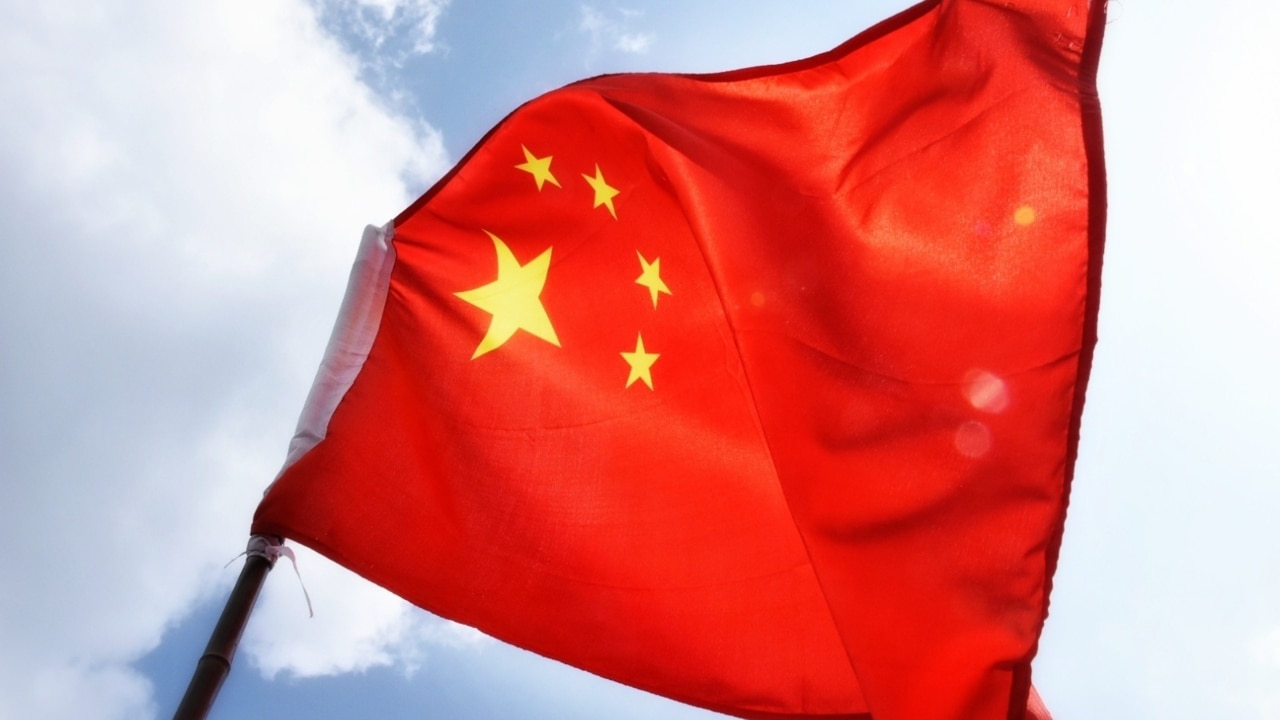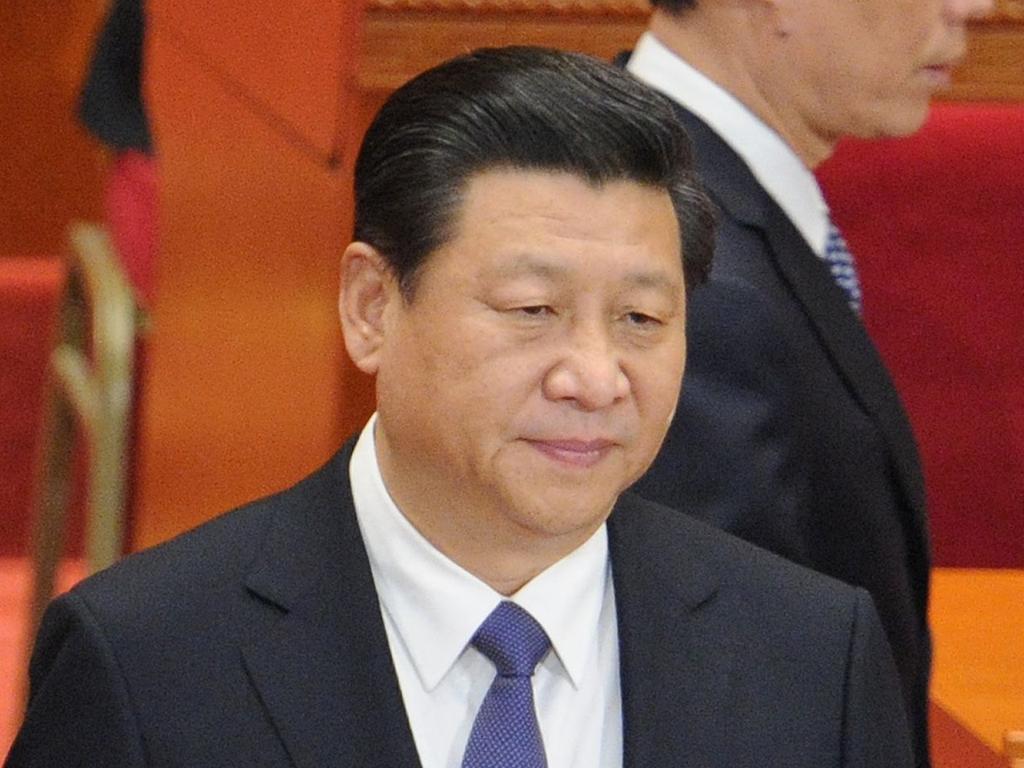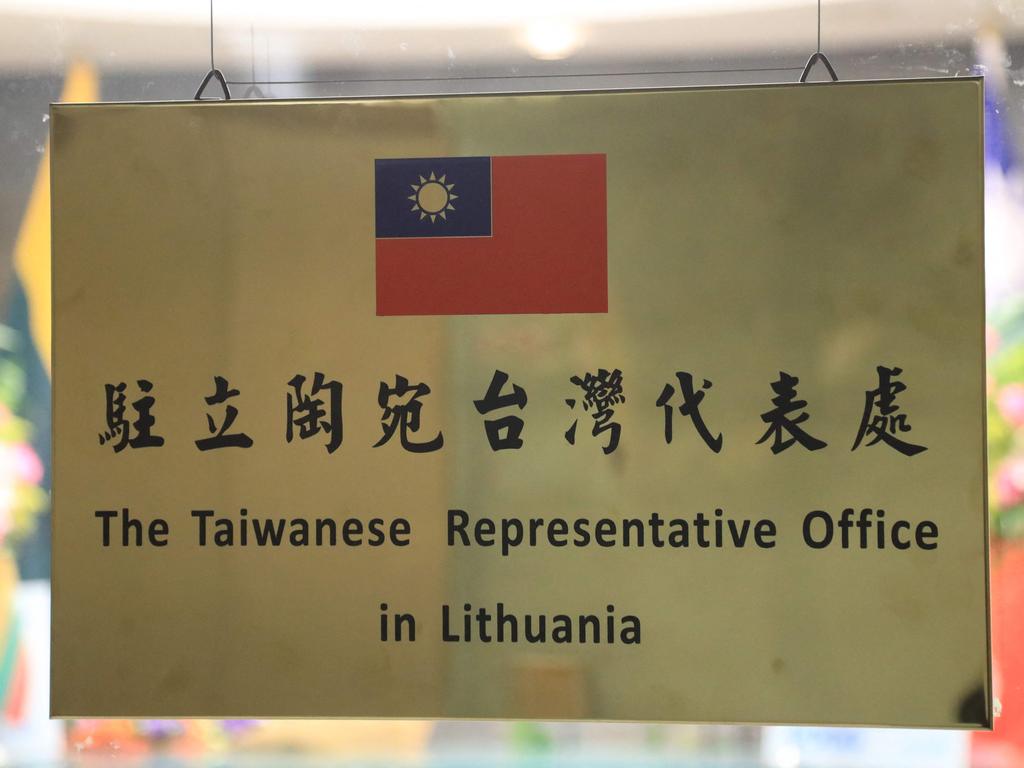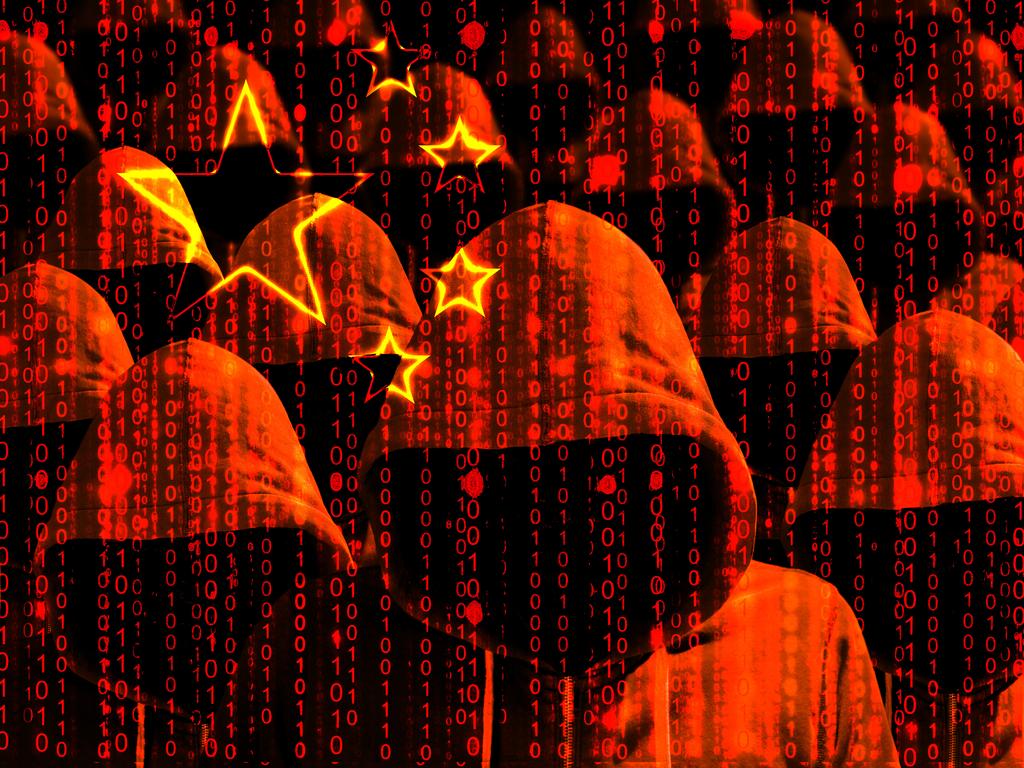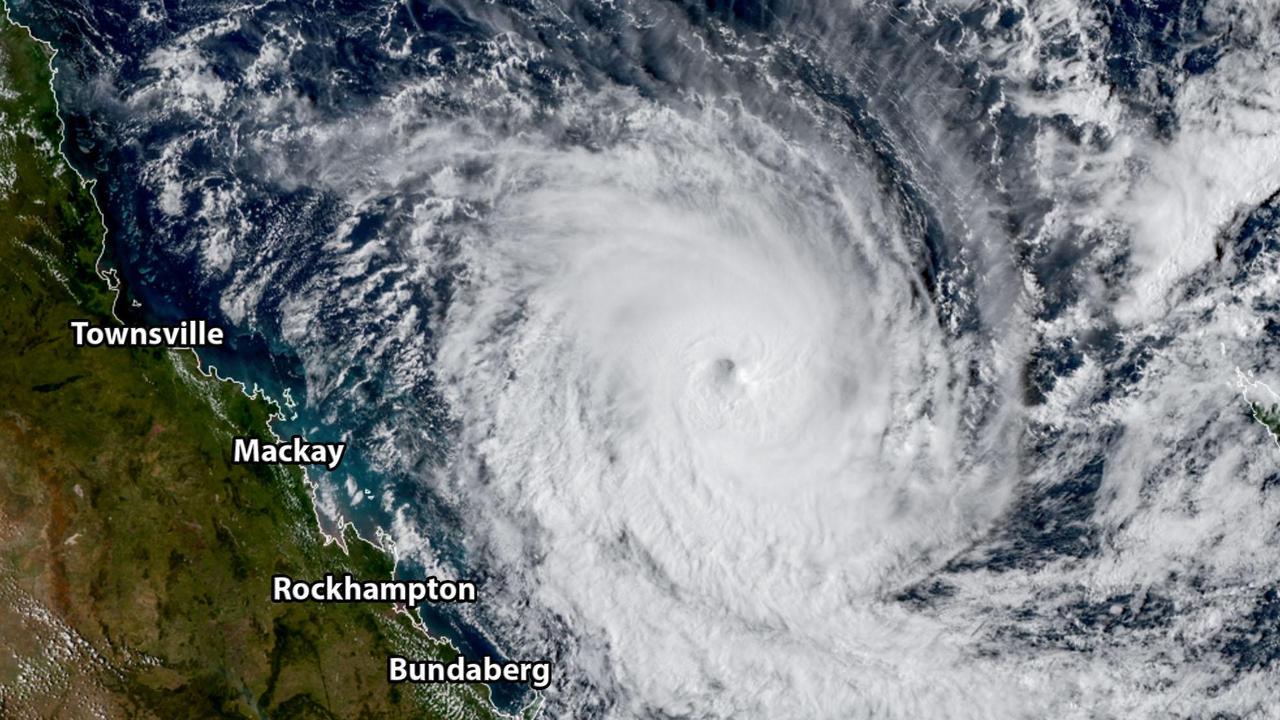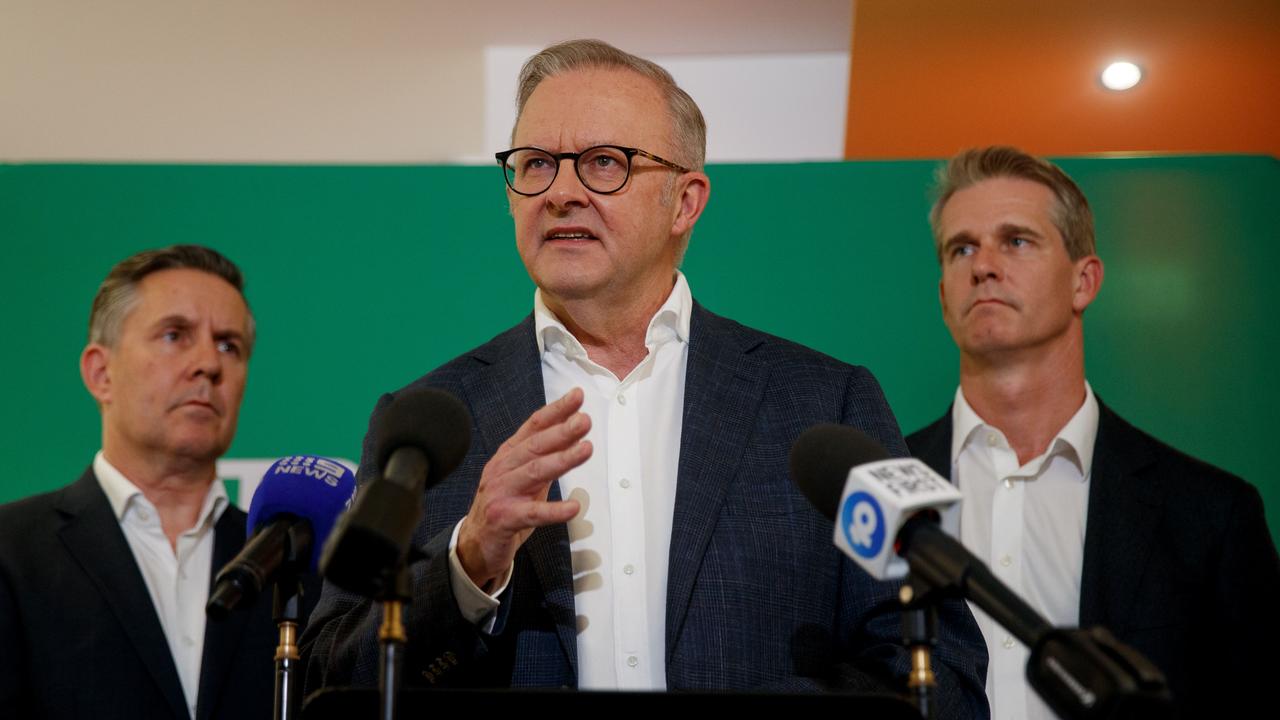Australia’s nuclear submarine deal sets off ‘very big alarm’ in China, Taiwan security says
Australia’s deal to acquire nuclear-powered submarines from the US and Britain has set off a ‘very big alarm’ in Beijing, according to Taiwanese intelligence.
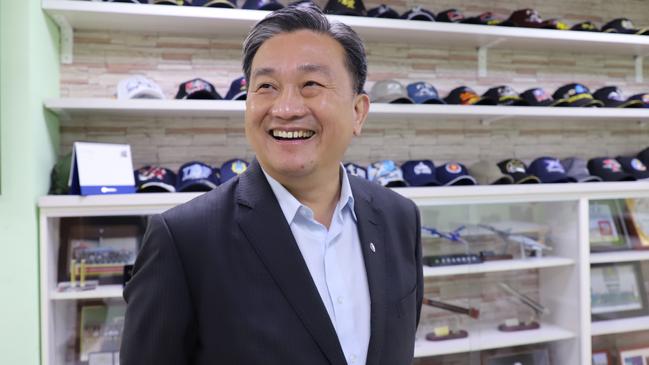
Australia’s deal to acquire nuclear-powered submarines from the US and Britain has set off a “very big alarm” in Beijing, according to Taiwanese intelligence.
A senior member in President Tsai Ing-wen’s security team in Taiwan said Beijing had identified Canberra’s AUKUS security partnership with the US and UK as a “major threat” to its regional agenda.
“We have information from inside China. They regard AUKUS more seriously than the Quad, especially the submarine [agreement],” said Wang Ting-yu, the ruling Democratic People’s Party’s senior representative in the Taiwanese parliament’s foreign affairs and national defence committee.
Mr Wang said the security pact – along with increased co-operation with Japan and other partners – had sent a clear signal that the allies would block China inside the first island chain, which runs along the East Asian mainland from Japan to Taiwan to The Philippines.
“That’s a very big alarm to Beijing. They’re facing historical challenges, or historical co-operation, to choke them inside of their near seas,” he told The Australian.
Japanese Prime Minister Fumio Kishida will discuss Beijing’s menacing of Taiwan, and incursions in the East and South China Seas, with Scott Morrison during a visit to Australia this week.
Their meeting comes only three weeks after South Korean President President Moon Jae-in and the Prime Minister discussed security in the Taiwan Strait at a meeting in Canberra. The two leaders’ meetings with fellow American allies are signs of the Australian government’s increasingly active role co-ordinating with countries in the Indo-Pacific and beyond in an attempt to deter aggression from Beijing.
China is furious at Canberra’s resistance to its territorial claims and President Xi Jinping in recent weeks has personally led attacks on AUKUS.
Mr Xi enlisted Russian counterpart Vladimir Putin to jointly oppose the trilateral security agreement at their virtual meeting last month.
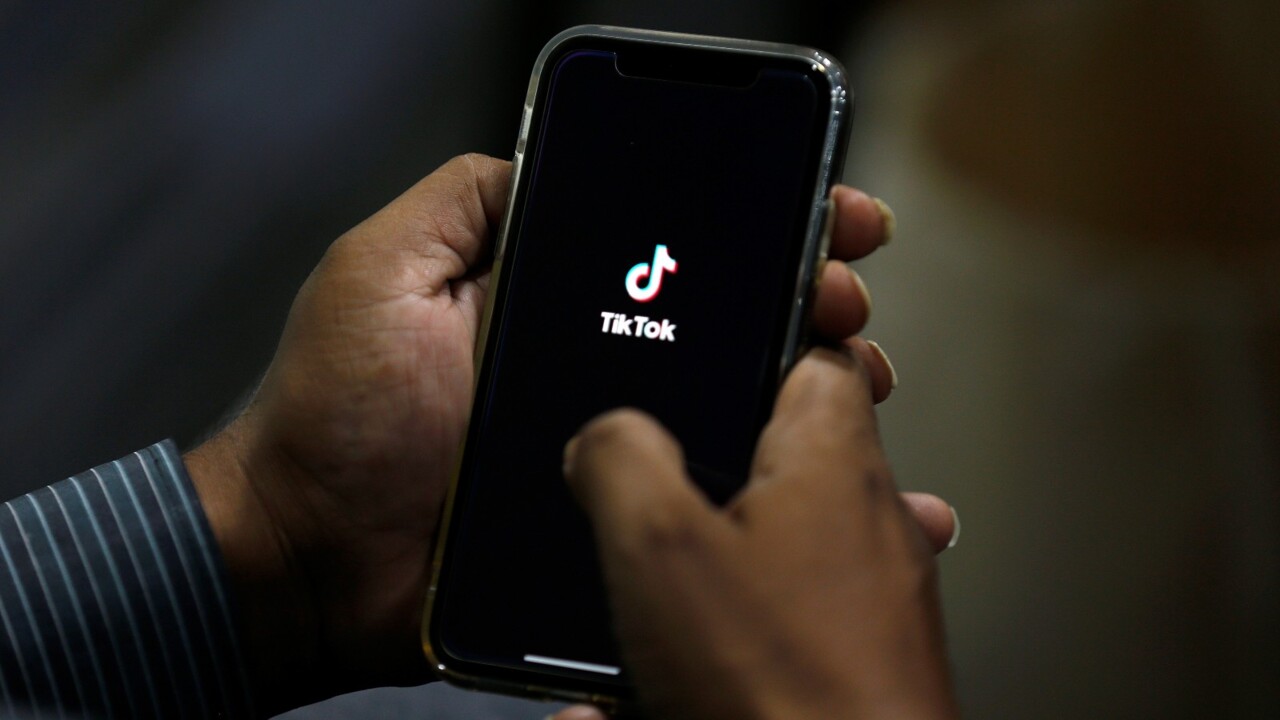
Weeks earlier China’s leader made opposition to the nuclear-powered submarine deal a centrepiece of a major address to leaders in Southeast Asia.
“That means you are doing something right,” Mr Wang said.
Mr Xi’s administration has become openly contemptuous of America’s more than 40-year-old policy that urges China to engage peacefully with Taiwan, a self-governed democracy of 24 million that Beijing claims as its territory.
Beijing last month said America’s Taiwan Relations Act – which opposes “any effort to determine the future of Taiwan by other than peaceful means” and has been a bedrock of Washington’s foreign policy since it was passed in 1979 – was “illegal, null and void”.
Mr Wang said China’s more aggressive behaviour in the region required an adjustment in the response by Taiwan and its partners.
“Action is more important than words,” he said.
“Sending clear signals is the proper way to deal with the situation we are facing now. Not ambiguity.”
His comments come after a loud debate in Canberra about how Australia can best contribute to peace and stability in the Taiwan Strait. Defence Minister Peter Dutton has argued that Australia needs to “call out actions that are destabilising”. Labor’s shadow foreign minister Penny Wong said Mr Dutton was “amping up war”. The Tsai administration is building its own submarine fleet – over furious opposition from Beijing – with support from British defence companies and the help of engineers, technicians and former naval officers from Australia, South Korea, India and Canada, according to Reuters.
Mr Wang, whose committee is in charge of the parliamentary oversight of the project estimated to cost more than $20bn, said the first of the eight new submarines were on track for arrival within two years.
While Australia’s nuclear-powered subs are more than a decade away, they will add to America and Japan’s existing fleets and Taiwan’s new vessels, as Canberra, Tokyo and other allies more closely co-ordinate with Washington on the security situation in the Taiwan Strait.
Fellow American allies, including Britain, Germany and France, have also increased the number and frequency of their deployment of ships in the region.
“The crowded strategy deployment will make China’s movement difficult. So they have to reconsider their strategy and Xi Jinping’s agenda to dominate this area. This is a major change,” Mr Wang said.
China’s foreign ministry has attacked the AUKUS security agreement in racial terms, calling it an “Anglo-Saxon ‘clique’”. Beijing’s propaganda machine has said Australia is driven by “white supremacy”.
Mr Wang said Beijing’s claims that the security pact was racially motivated was “a joke”, pointing to shared concerns in Taiwan, Japan, South Korea and throughout much of Southeast Asia.
“It’s an issue about values, about order, about international regulation. It’s not an issue about race,” he said.
The Taiwanese MP advised the Australian government to continue to hold bilateral meetings with its Asian partners and allies to underline the region’s widespread concerns.
He said a second argument China was using to discredit AUKUS – that the conventionally armed subs would undermine international nuclear non-proliferation efforts – further demonstrated Beijing’s concern.
“They regard that will become their major threat to their own agenda. So they need to figure out how to sabotage it,” he said.
Mr Wang is a part of a senior leadership group in the Democratic People’s Party that meet weekly with Ms Tsai. He has served on the powerful foreign-affairs and national defence committee since Ms Tsai won the presidency in 2016.
Taiwan’s defence spending has reached record levels during the Tsai administration, funding locally made precision anti-ship missile systems, combat drones and fighter jets.
During his almost six years on the committee, Mr Wang has observed the dramatic change in Australia’s posture towards China under the Turnbull and Morrison governments.
Seen from the heart of the Tsai administration, Australia’s co-ordination with partners, passage of foreign interference legislation and increased defence spending are welcome signs that Canberra understands the challenges posed by Beijing.
“All this action – not words – shows Australia will play a major role in the Indo-Pacific Ocean. That’s very important,” he said.
More Coverage
